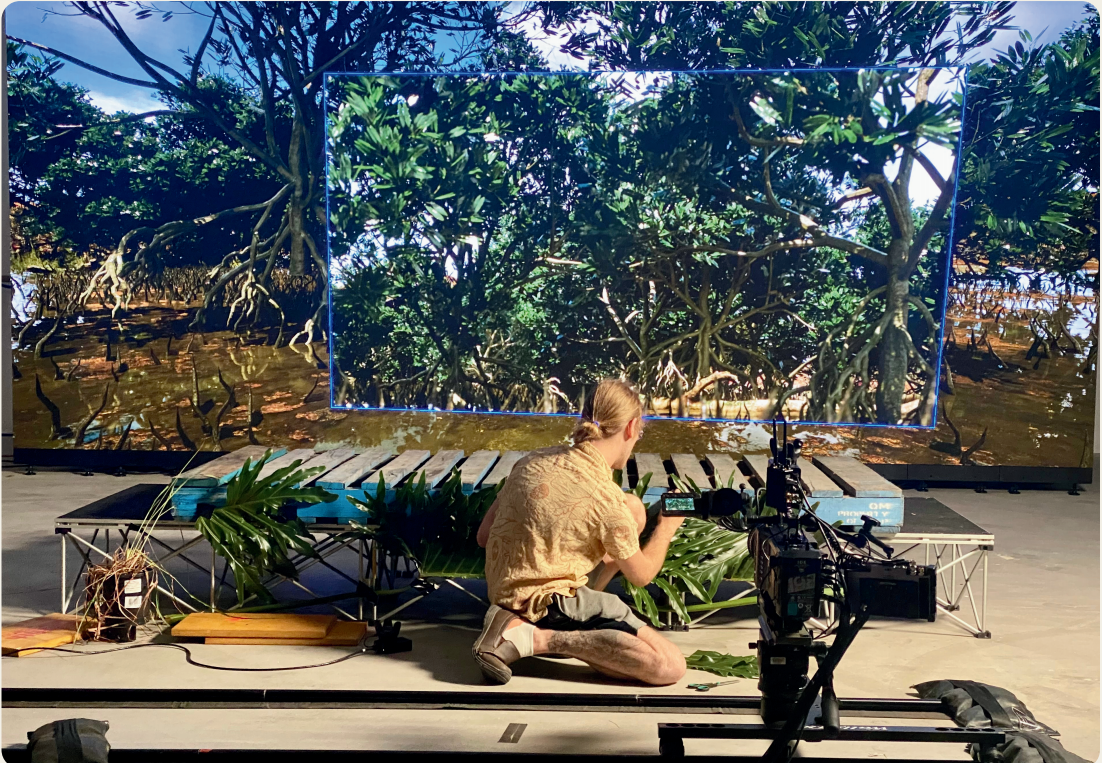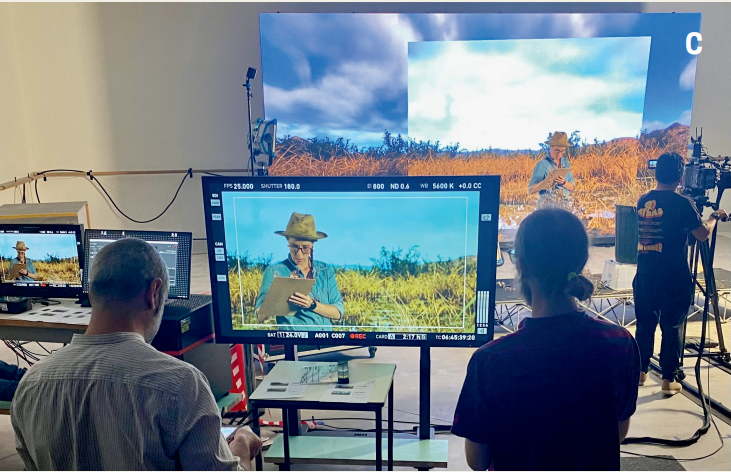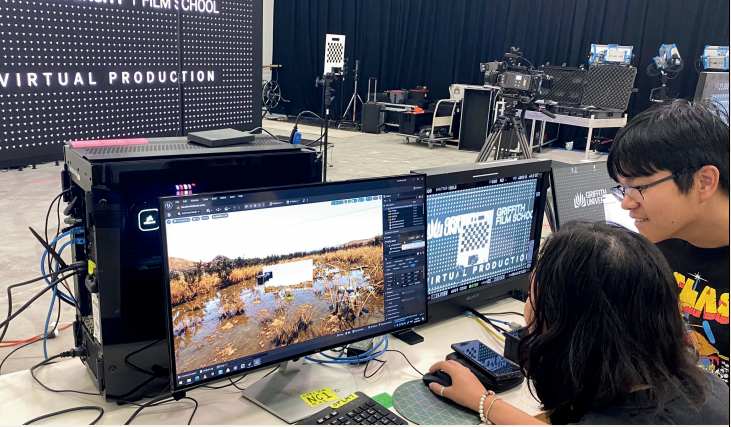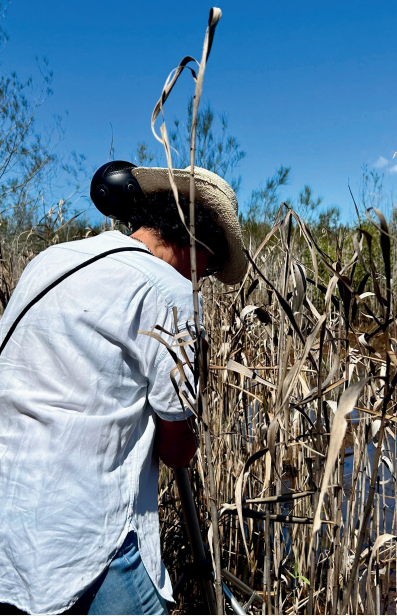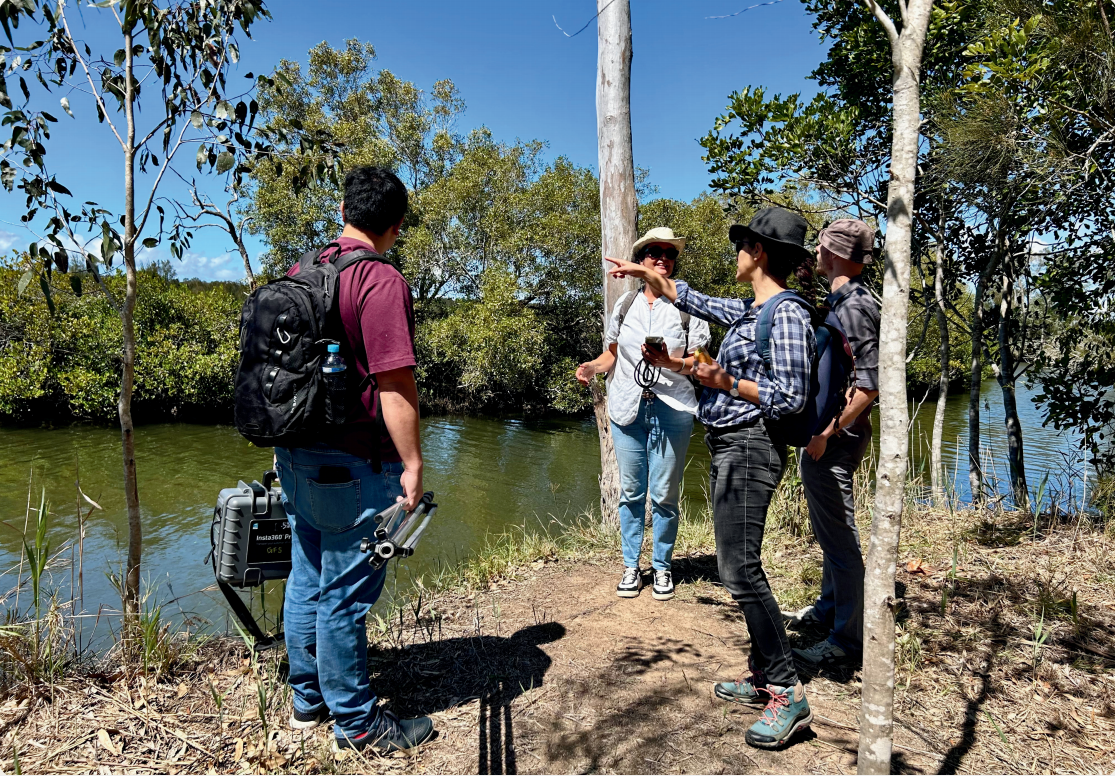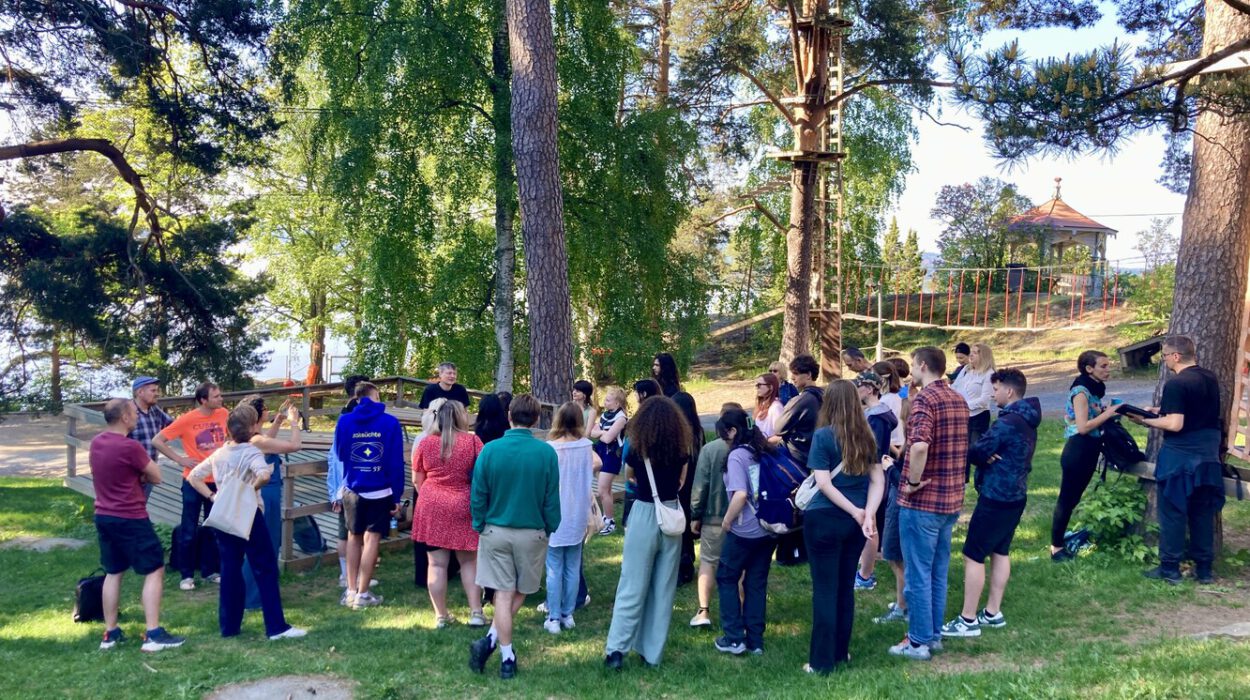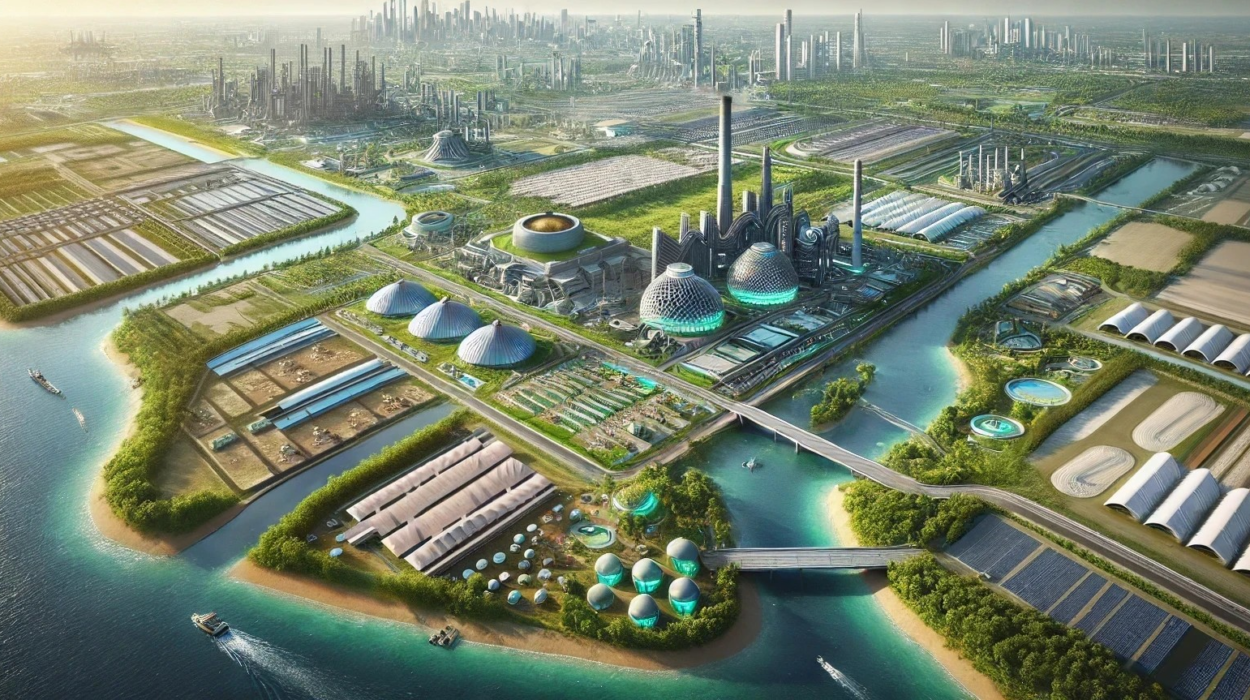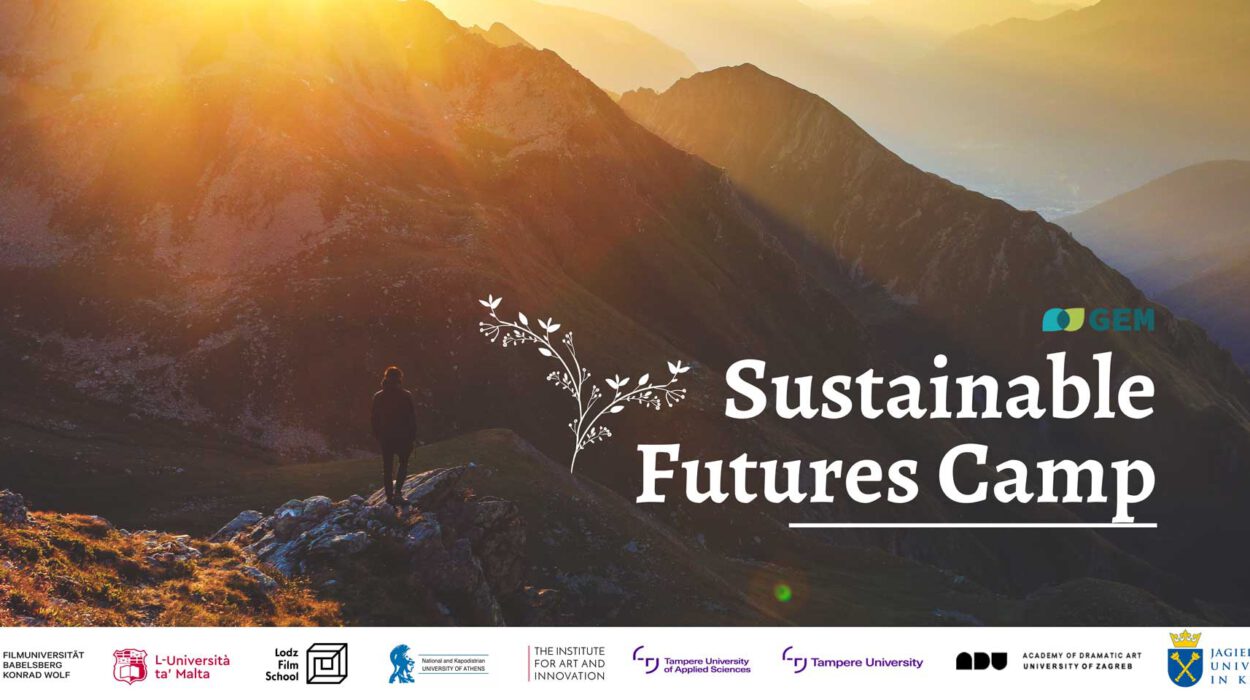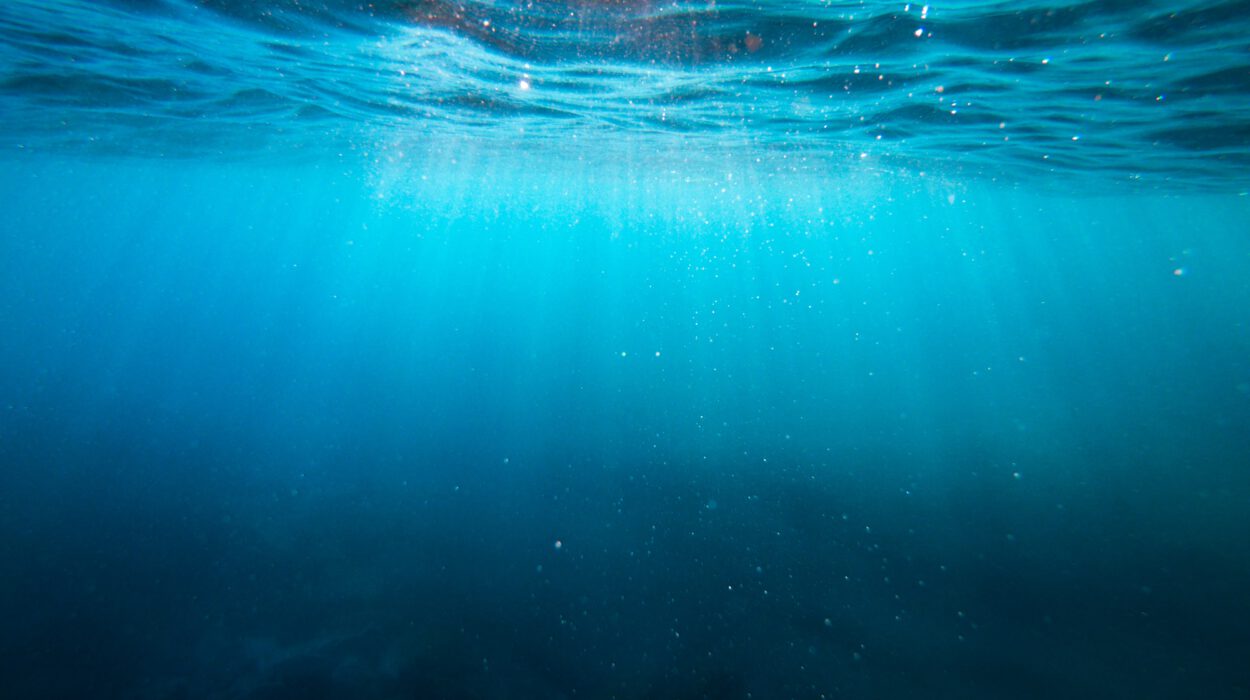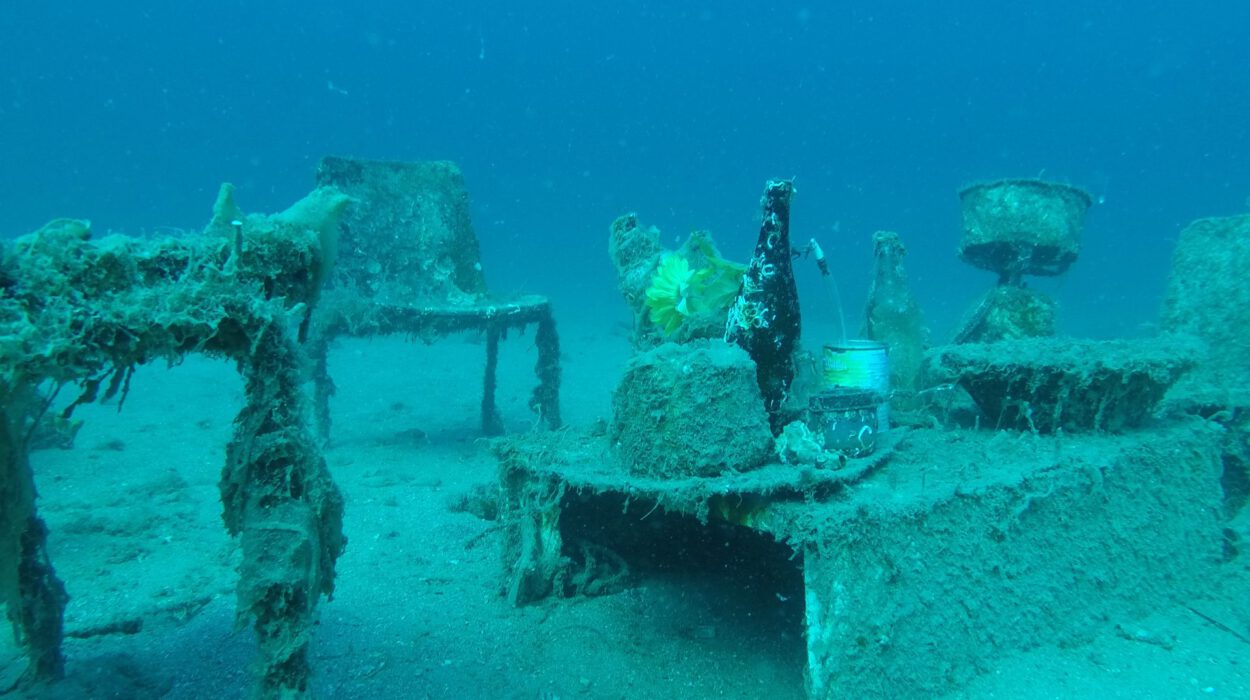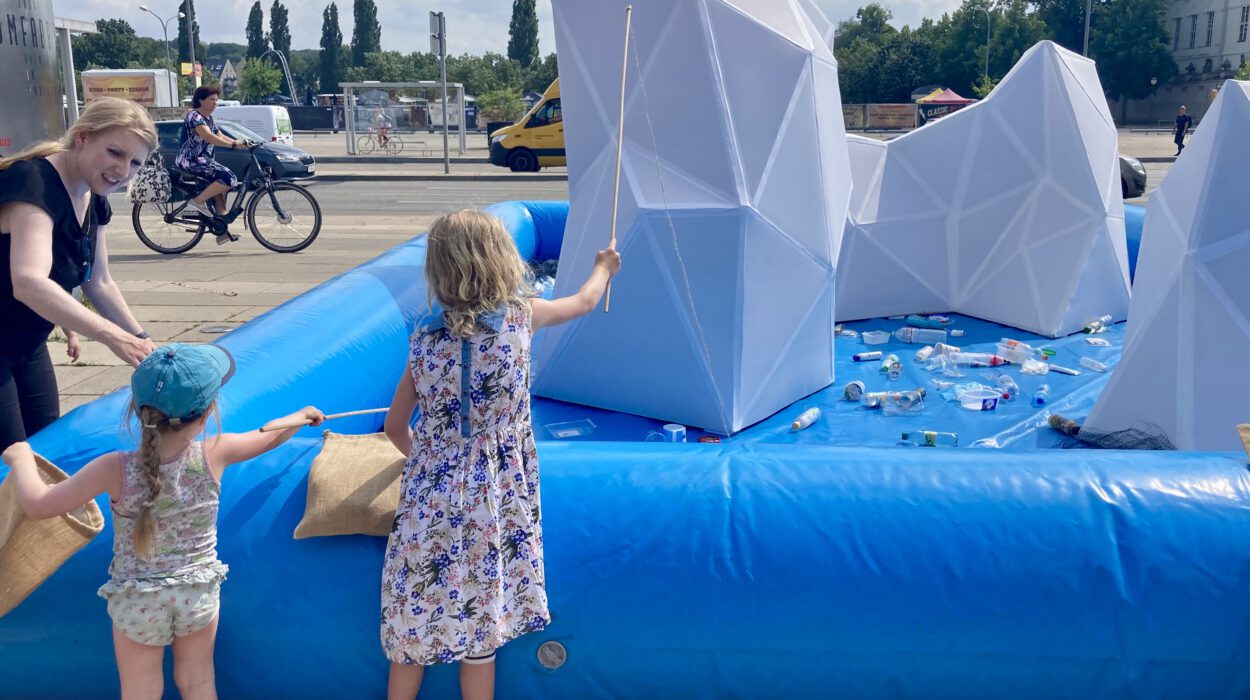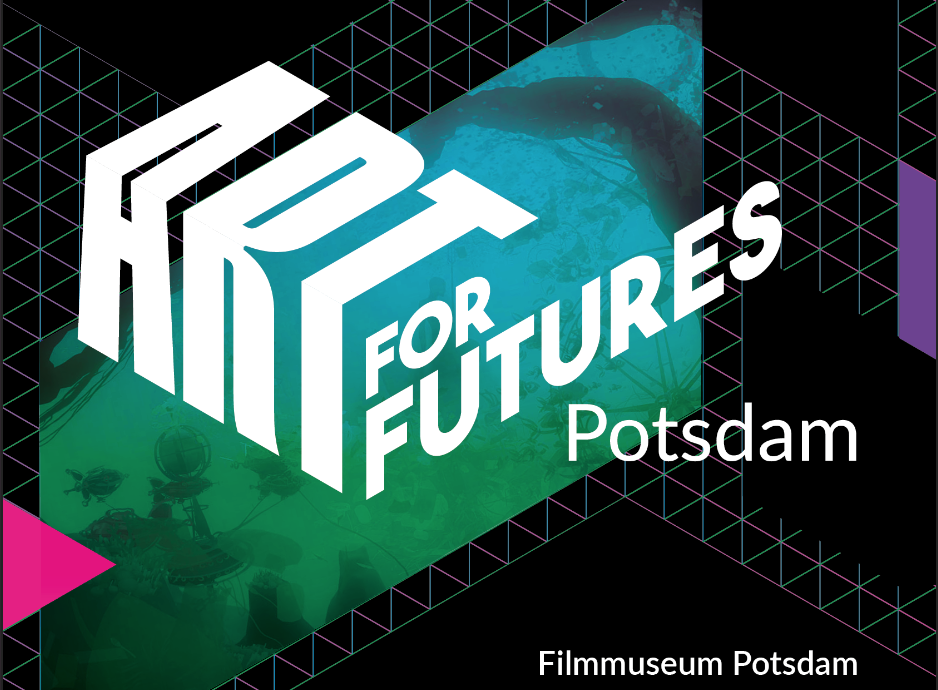• Sept 2023
Futuring
Futuring is a creative process for envisioning potential futures that draws from multiple disciplinary domains and perspectives.
In light of this, Art For Futures Lab (AFFL) was invited to co-create a two-week workshop for Masters-level students at Griffith Film School. It offered a way in storytelling climate futures, re-situating the future as a place of hope. This project is way of bringing thinking and action toward personal or collective growth and transformation; as a speculative praxis that synthesizes the imaginative and the ‘real’ to generate new possibilities of interrogating and collectively building models for desirable futures.
The workshop facilitated by the AFFL team adopted a virtual production approach. Using an LED wall and game engine to visualize the project site allowed for rapid prototyping and worldbuilding possibilities without expense and environmental impact of transporting a film crew to a remote location.
Furthermore, transdisciplinary co-creation was tested as a pathway toward climate justice: a workshop with the scientific rationale bridged a disconnect between the science and storytelling. This co-creation process could better integrate different perspectives: through active mediation; through sustained participation of scientific perspectives in developing narratives; and through ‘just-in-time’ introduction of scientific concepts.
Futuring was developed as a framework that helped build workshop participants’ sense of agency, and an understanding of pathways to impact and tackle climate issues.
Project Partners:
Griffith Film School, Griffith University, Germany
Australian Rivers Institute, Australia
Film University Babelsberg KONRAD WOLF, Germany
Institute for Art and Innovation, Germany
• OCT 2022 - APR 2025 •
Green Education in Media
The EU project Green Education in Media (GEM) aims to reconnect media curricula to today’s environmental reality encompassing nature and its phenomena as well as man-made environment.
The curricula of study programmes related to digital media design and production currently focus on the creation of digital and virtual worlds occuring as storyworlds in filmmaking, serial writing and games, virtual explorable worlds in XR and digital communities in social media design. How can these digital skills and competencies be utilised to reflect on the impact of digital technology on our natural environment? The project is supported by the Erasmus+ programme (2022 – 2025).
Sustainability as a positive vision to tackle climate change
Although millions of people around the world are demanding climate protection and sustainability, the speed of the necessary adaptation and mitigation is completely inadequate. Many people recognize that planetary boundaries, the climate and biodiversity crisis, the unregulated globalized financial system, and the increasingly unequal distribution of wealth that endangers peace as a whole poses existential problems for human societies. They are ready to question the world and critically reflect the way they have lived up to now, and search for solutions. At the same time, however, existing solutions seem partly unknown, unclear or contradictory or difficult to imagine. Climate change is proven to be the most urgent and consequential issue humankind has ever faced.
How content producers address it in the next two decades might determine the kind of world current and future generations will live in. In the book “The Future We Choose” by Christiana Figueres and Tom Rivett-Carnac (they led negotiations for the UN’s Paris Agreement of 2015) two possible scenarios for planet Earth are outlined. One describes what life on Earth will be like by 2050 if Paris climate targets will be failed. The other one refers to a carbon neutral, regenerative world, and how optimism can fend off the occurring disasters. The one-week Sustainable Futures Camp to kick-off this EU project for 45 students and 25 teachers and researchers from eight film and media universities was conceptualized and facilitated by the AFFL team.
The GEM project focuses on the following goals:
• Heightening environmental awareness and fight against climate change
• Supporting digital and green capabilities of the higher education sector
• Disseminating green skills among teachers and students
• Creating new, innovative or joint sustainable curricula or courses
• Developing digital content, technologies and practices
The Erasmus+ Cooperation Partnership consists of nine partners:
Film University Babelsberg KONRAD WOLF, Germany (Project Lead)
Tampere University, Finland
Tampere University of Applied Sciences, Finland
National and Kapodistrian University of Athens, Greece
University of Malta, Malta
Academy of Dramatic Art, University of Zagreb, Croatia
Jagiellonian University in Kraków, Poland
Lodz Film School, Poland
Institute for Art and Innovation, Germany
• Feb 2022 - Dec 2022 •
Ocean Future Lab
The “Ocean Future Lab” is a participation format for the Science Year 2022, which is conceived as an online format as well as a face-to-face event at various locations.
The focus of the Ocean Future Lab is the development of positive visions for the futures of oceans: “How do we want to live with the seas? – How can we deal with the coasts, seas and oceans so sustainably that we secure our natural foundations of life? How can we design the desirable futures of our “blue planet”?”
Sustainable use of the coasts, seas and oceans is a social challenge that concerns every species and requires both factual knowledge and the values, needs and desires of people. The participatory and interdisciplinary Ocean Future Lab is conceived as a place for the co-creative design of future scenarios for seas and people; as a platform for civil participation to address social transformations in the exchange between science and society and to evoke them through art. For the first year of this project the methodologies of AFFL got adopted for the contexts of oceans, seas, and water ways.
This project was carried out in collaboration with :
OZEANEUM – German Maritime Museum in Stralsund, Germany
German Maritime Museum in Bremerhaven, Germany
Futurium in Berlin, Germany
Berlin International University of Applied Sciences, Germany
Institute for Art and Innovation, Germany
German Alliance of Marine Research, Germany
• oct 2021 - jun 2022 •
Art For Futures Potsdam – Climate Science Fiction
Sustainability has long since become one of the issues that will shape long-term urban development in what experts call the “transformative 21st century”. How can we preserve the natural sources of life while observing planetary boundaries, and let the city inhabitants participate substantially politically and economically? How can the spatial diversity of cities and urban societies as well as the resulting plurality be further developed?
There are numerous activities on the political, scientific and cultural level needed to drive socio-ecological transformation. In an innovative research project, we look into how art can actually contribute to promoting social progress in the context of sustainability. For this purpose, the Art For Futures Potsdam was created, which wants to sensitize citizens to questions and gain knowledge about sustainable solutions with the support of transmedia storytelling. Furthermore, we aim at co-creative contributions involving the civil society in the development of positive future scenarios (“Art For Futures”).
Partners of the project:
Hochschule für Technik und Wirtschaft (HTW Berlin)
Film University Babelsberg KONRAD WOLF, Germany
Institute for Art and Innovation, Germany
Pro Potsdam, Germany
Filmmuseum Potsdam, Germany
STEP Potsdam, Germany
and all other great event partners, musicians and students.

